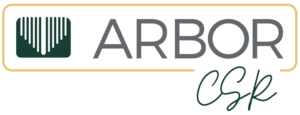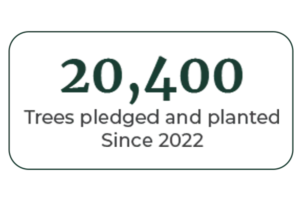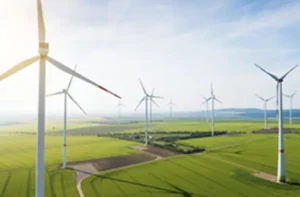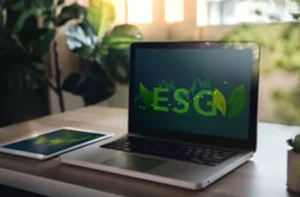Build-to-rent (BTR), a compelling solution to the U.S. housing market’s evolving needs, is experiencing record growth. BTR accounted for 8% of all single-family rental (SFR) construction starts in the 12 months that ended in the first quarter of 2024, according to Arbor’s Single-Family Rental Investment Trends Report Q2 2024. As the need for quality rental units remains high, borrowers have much to gain from partnering with an experienced lender who specializes in build-to-rent financing.
Arbor remains committed to the responsible environmental management of our operations as well as providing opportunities for our borrowers to improve their own footprints. We are an active participant in our agency partners,’ Fannie Mae and Freddie Mac, “green” lending programs, supporting borrowers with funding to make improvements to their properties that help reduce energy and water consumption and lower utility costs to tenants. See success stories from these programs on our Success Stories page.
In our own offices, we are working to identify ways to reduce consumption and our environmental footprint. This exploration involves an analysis of our workspaces and business practices, our vendor and counterparty practices, and the carbon footprint of our lending practices. We believe that the key to keeping our focus on sustainability is an ongoing investment in our people, continuous and broad-based education, and a flexible approach to our policies and processes.

Partnerships
Arbor has continued its domestic and international tree planting program, aimed at supporting two highly successful reforestation efforts through a commitment to plant a tree on behalf of Arbor’s customers for each loan we close. This initiative provides a valuable opportunity to connect with our clients while actively contributing to a critically important environmental cause. To date, in recognition of our closed transactions, and our commitment to these critical organizations, Arbor has financed the planting of 17,000 trees domestically and 3,400 trees in the State of Israel.

Energy, Water, and Waste Management
In our workspaces across the United States, Arbor has installed low-flow water systems in bathrooms, energy-efficient LED lighting, daylight and occupancy sensors in all new office buildouts and retrofits, and hands-free faucets. All equipment is set to energy reduction modes, including computer and copier equipment. Arbor shows preference for green leased buildings for one-off offices and purchases ENERGY STAR appliances when available.
Arbor maintains effective recycling processes (supplies, electronics, paper files), where available, to increase landfill diversion and to be in compliance with all building rules and regulations. We utilize e-signature and electronic invoices and statements and encourage digital-only subscriptions and eco-friendly packaging solutions.

Carbon Footprint
In 2024 Arbor conducted a Greenhouse Gas (GHG) Inventory though a third-party partner. The inventory covered scopes 1 and 2 emissions of office spaces under the company’s operational control during the year 2023. In 2025, we expanded the inventory to include scope 3 emissions. This inventory will be Arbor’s baseline year of emissions and will allow the company to track future emissions and create goals and plans for reductions.
Many of the practices we already have in place support the reduction of our carbon footprint, such as our energy management initiatives, which reduce our Scope 2 emissions. We also have a telecommuting policy that allows our employees to work from home utilizing video conferencing for calls. Employees also have access to our Qualified Transportation Expense Program (QTE), which allows employees to open and contribute to a pre-tax account for eligible transportation funds, including public transportation. Both options incentivize reduced use of fossil-fuel transportation, therefore lowering our carbon footprint.

Legal Compliance
Arbor is in full compliance with environmental regulations in all our office locations and requires the same of the properties on which it lends. We are actively preparing for current and upcoming regulatory requirements for GHG emissions and climate-related disclosures at the state level.

